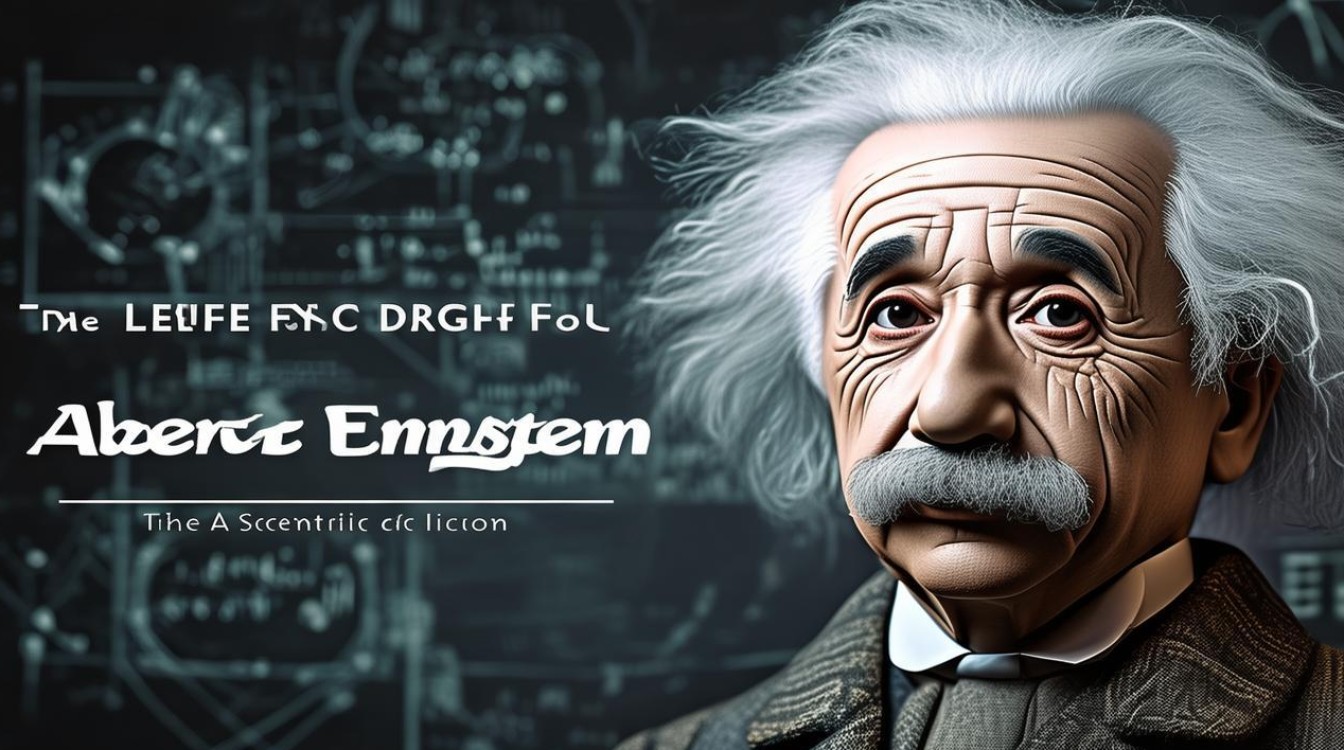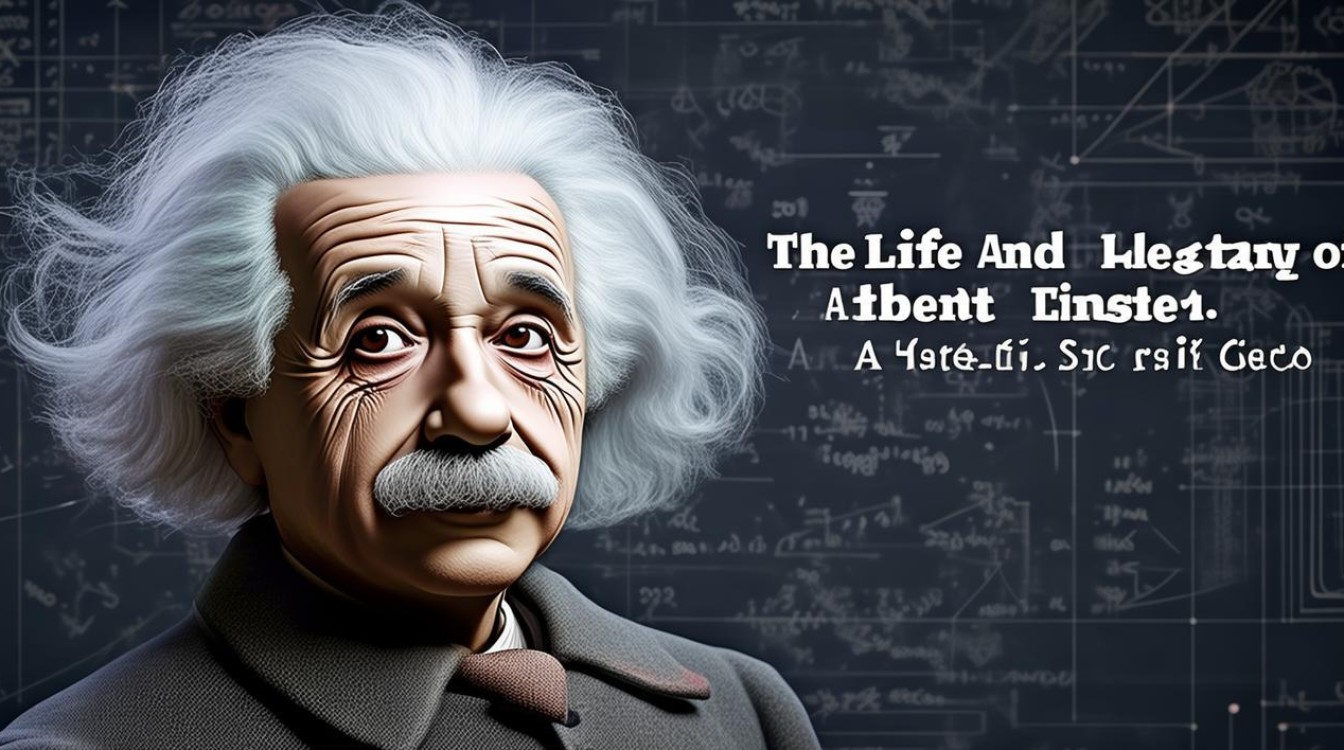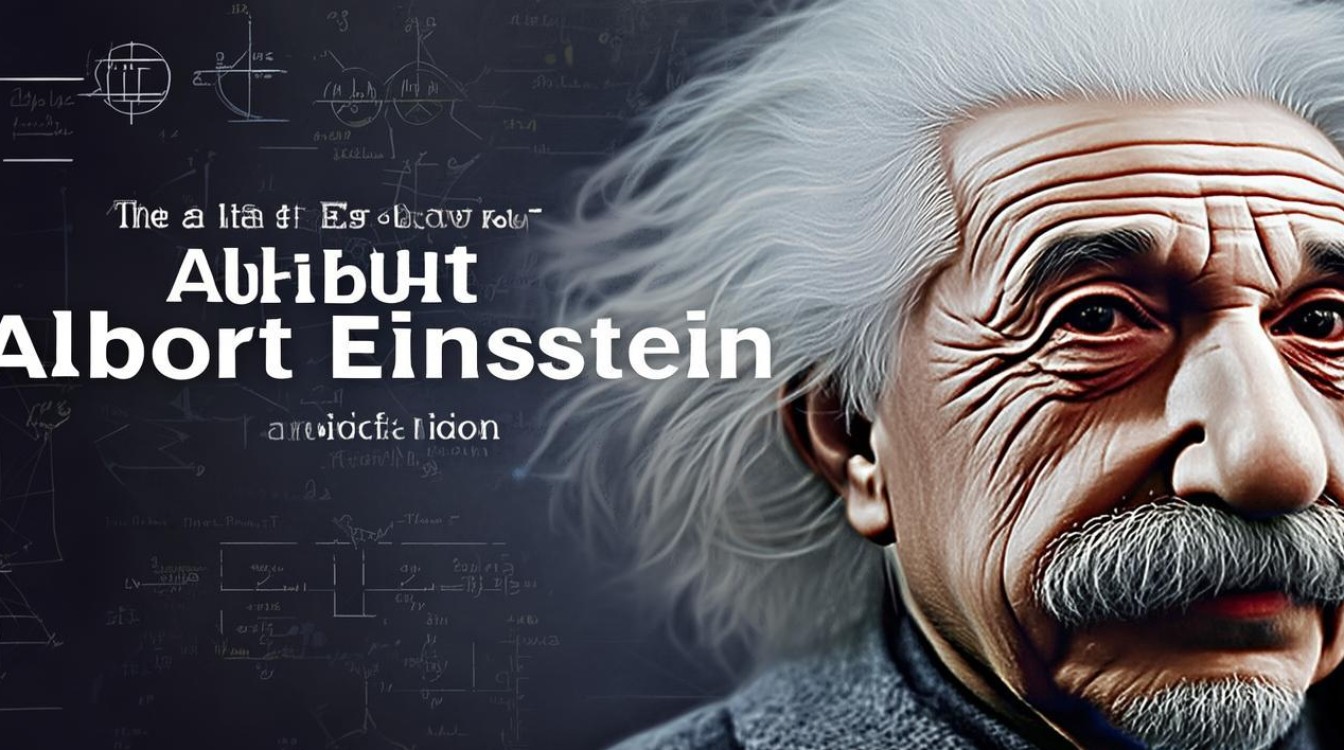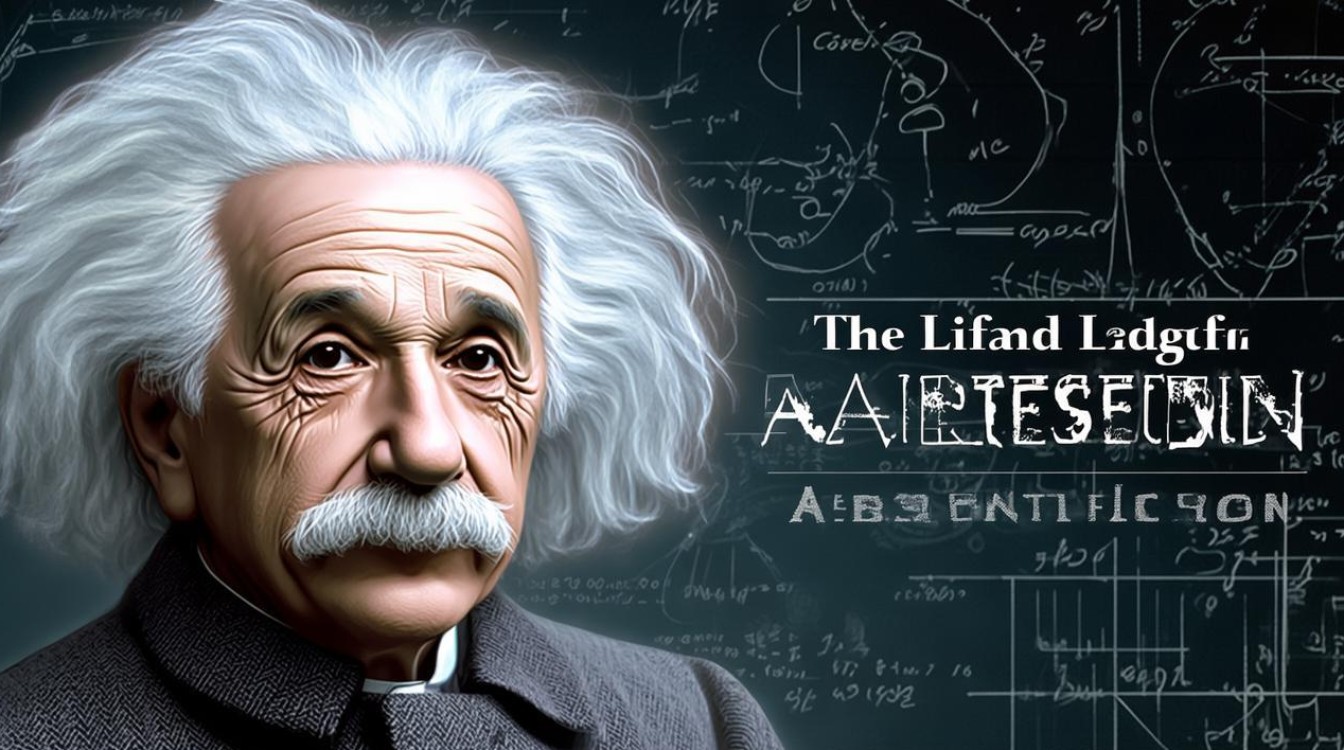Albert Einstein, a name synonymous with genius, revolutionized our understanding of the universe. His contributions to physics reshaped modern science, earning him a permanent place in history. This essay explores his life, groundbreaking theories, and enduring influence on both science and society.

Early Life and Education
Born on March 14, 1879, in Ulm, Germany, Einstein displayed an early curiosity about the natural world. As a child, he was fascinated by a compass, marveling at the invisible forces guiding its needle. Though initially slow to speak, his intellectual prowess soon became evident.
Einstein’s formal education began at the Luitpold Gymnasium in Munich. However, he struggled with the rigid structure of traditional schooling. At 15, he left Germany to join his family in Switzerland, where he enrolled at the Swiss Federal Polytechnic in Zurich. There, he immersed himself in physics and mathematics, laying the foundation for his future discoveries.
The Miracle Year: 1905
1905, often called Einstein’s "Annus Mirabilis" or "Miracle Year," marked a turning point in scientific history. While working as a patent clerk in Bern, Switzerland, he published four groundbreaking papers that transformed physics:

- Photoelectric Effect – Einstein proposed that light consists of discrete packets of energy called photons. This theory, later earning him the Nobel Prize in 1921, became a cornerstone of quantum mechanics.
- Brownian Motion – He provided empirical evidence for the existence of atoms by explaining the random movement of particles in fluids.
- Special Relativity – Introducing the famous equation E=mc², Einstein redefined the relationship between energy and mass, challenging Newtonian physics.
- Mass-Energy Equivalence – This concept bridged the gap between matter and energy, influencing nuclear physics.
These papers showcased Einstein’s ability to think beyond conventional frameworks, solidifying his reputation as a visionary.
General Relativity and Global Fame
In 1915, Einstein expanded his theory of relativity, introducing General Relativity. This work described gravity not as a force but as the curvature of spacetime caused by mass. His predictions, such as the bending of light around massive objects, were confirmed during the 1919 solar eclipse, catapulting him to international fame.
Einstein’s theories had profound implications, from cosmology to technology. GPS systems, for instance, rely on corrections based on relativity to ensure accuracy.

Personal Struggles and Humanitarian Efforts
Beyond science, Einstein was a vocal advocate for peace and civil rights. Fleeing Nazi Germany in 1933, he settled in the United States, where he accepted a position at Princeton University. His outspoken criticism of fascism and support for Zionism made him a controversial yet respected figure.
Einstein also championed education and intellectual freedom. He believed science should serve humanity, not destruction, famously warning President Roosevelt about the potential dangers of nuclear weapons. His later years were dedicated to unifying physics, though his quest for a "Theory of Everything" remained unfinished.
Einstein’s Enduring Influence
Einstein’s impact extends far beyond equations. His relentless curiosity and willingness to question authority inspire generations of scientists and thinkers. From black hole research to quantum computing, his ideas continue to shape cutting-edge discoveries.

In popular culture, Einstein’s image—wild hair, thoughtful gaze—symbolizes brilliance. Yet, his true legacy lies in his humility. "I have no special talents," he once said. "I am only passionately curious."
Albert Einstein’s life reminds us that imagination and perseverance can unlock the universe’s deepest secrets. His work transcends time, proving that one mind, armed with curiosity, can change the world forever.

